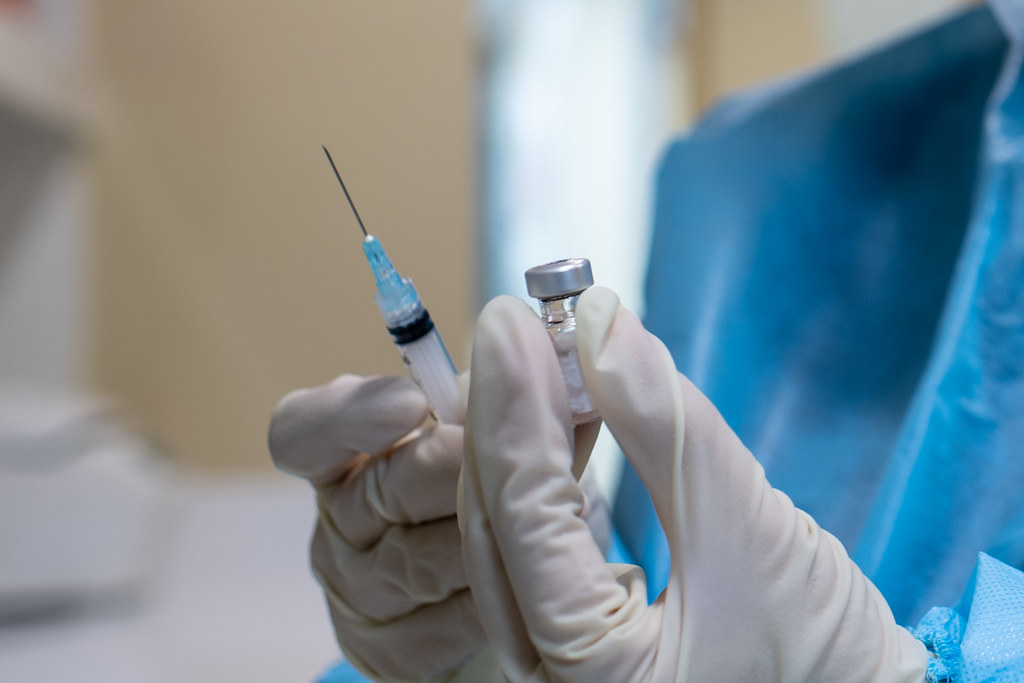Public Health Ministry to Look at Jabs
Share:

Thailand’s Public Health Ministry will be closely monitoring the recipients of both the AstraZeneca and Sinovac vaccines that are currently being rolled out as part of the Kingdom’s phase one immunization campaign.
The objective, the Department of Medical Services chief said, is to accurately determine the ability of the vaccines to provide immunity and build protection against the COVID-19 in the long term.
As these vaccines have been authorized for emergency use, they are not completely developed yet and there are many questions remaining on their actual efficacy in specific age groups or demographics. While the manufacturers have already entered into phase 3 human trials, there are still many questions that are yet to be answered on the vaccines’ actual performances.
DMS Chief Dr. Somsak Akksilp said on Wednesday that, since these vaccines cannot guarantee long-term immunity, health authorities should look into the actual efficacy of the vaccines to allow the government an informed decision in the future.
“This will be an important factor concerning our policy for the next year as we look for a vaccine which is appropriate for Thais,” Dr Somsak said.
Dr. Somsak said that the clinical trials provided by the manufacturers come from abroad, and no information has been forwarded regarding Thais because there were no trials conducted in the Kingdom.
In order for the government to make the appropriate choice next year, Dr. Somsak said that they will be verifying the vaccine’s actual effect on Thais by monitoring the recipients within the next two months.
Dr. Somsak further laid out the workload and the teams involved in this extensive study.
First, the Chulalongkorn University will be following up with the members of the general population that have received the vaccine in order to measure their levels of immunity to the virus.
The Siriraj Hospital faculty of medicine, on the other hand, is tasked with studying medical staff that have received the vaccine in order to achieve the same goal.
Recipients that have underlying kidney disease will be interviewed and observed by the faculty of medicine at the Ramathibodi Hospital, while the DMS will handle the study onto cancer patients that have received their vaccines.
The Kingdom has so far vaccinated 53,842 of the 93,600 members of the priority groups identified as recipients of the initial batch of doses from AstraZeneca and Sinovac. This represents 58% of the priority recipients, and vaccinations are still ongoing.
Of the recipient provinces, Bangkok and Samut Sakhon have received the most number of doses. Samut Sakhon, which was the epicenter of the second wave of outbreaks in December, have just completed its immunization campaign.
The first phase of the Kingdom’s immunization campaign will use the 200,000 doses and 100,000 doses shipped by Sinovac and AstraZeneca, respectively.
By the second phase, the Kingdom will be locally producing the remaining 61 million doses ordered from AstraZeneca. The manufacturing will be shouldered by Siam Bioscience, through a transfer of technology agreement from the British-Swedish firm.
The government is also mulling over ordering additional doses if appropriate.
Source:
BangkokPost